The high temperatures of the sea water, which reached 30°C on the southern part of the Bulgarian Black Sea coast, drove the seasonal fish deep into the sea. Due to the heat combined with northerly currents, the Gobius and black scorpionfish, which are characteristic of the summer months, are now absent. They can be usually found as early as March, at water temperatures of 8-10°C, and their catch continues almost all year round, except in winter, when they hide in the holes of the rocks. This year, during the hot summer months, the fish went deep into the sea, where the water is cooler and the currents move.
"I have never seen the scorpionfish gone but there is no movement and no scorpionfish. For a month and a half, we have had northerly wind and when there is such a current, we know there would be no gobies,” fisherman Yordan Karakashev told BNR Burgas. “However, bonito came here 4-5 days ago. We catch some fish and people are happy. There is some Trachurus, too.”
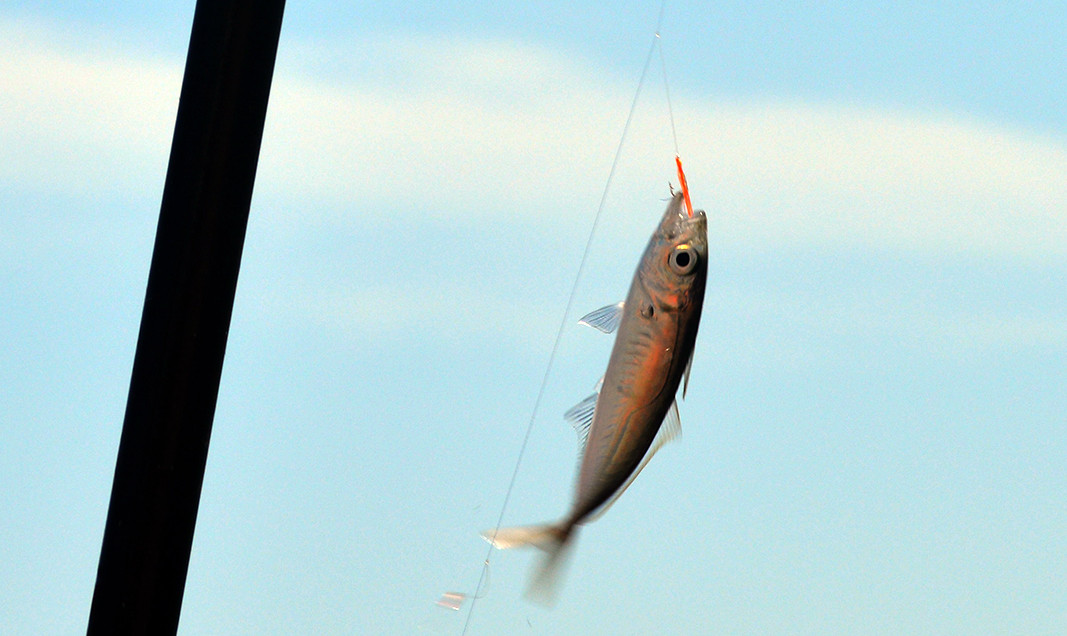
The Trachurus, which is among the preferred Black Sea fish in summer, can be found in passages from May to the end of June, and in July and August it is scattered. Then again it is found from September to the end of November, at a water temperature of 15-17°C. This year it could be found a month earlier in comparison to previous years. Yordan Karakashev has never seen such high temperatures of the sea water in the region of the southern Black Sea towns of Tsarevo and Ahtopol:
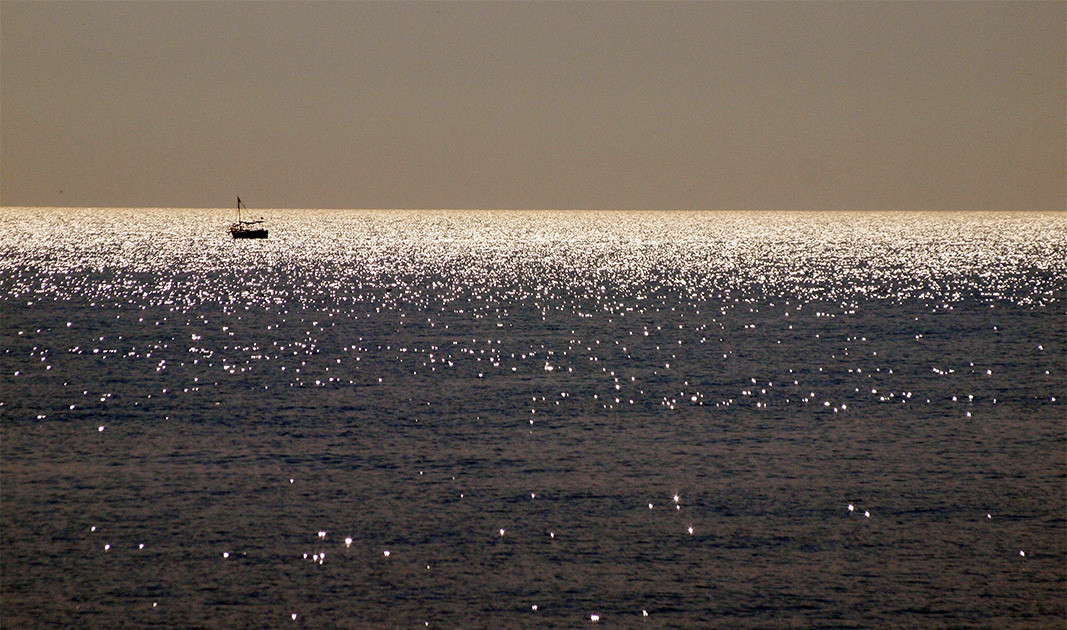
"We usually monitor the water temperature and in the summer it reaches 28°C for four or five days. A few days ago the water here reached 29 °C, and in Sozopol Bay it reached 30 °C. This had never happened. I myself dive to a depth of 12-15 meters and I found out that the was no cold water. The fish usually look for these temperature boundaries and now they have gone away. The large fish are where the small fish are. Where there is a difference in temperature there are also changes in the currents that carry food."
Speaking about the temperature anomalies, Yordan Karakashev says that they are not a big cause for concern: "As we see in history, there are cycles. Warm - cold, warm – cold, and now it's just a cycle, this too will pass". Asked about the entry of unknown species into the Bulgarian water area, he says that they are Mediterranean species and are not of economic importance:
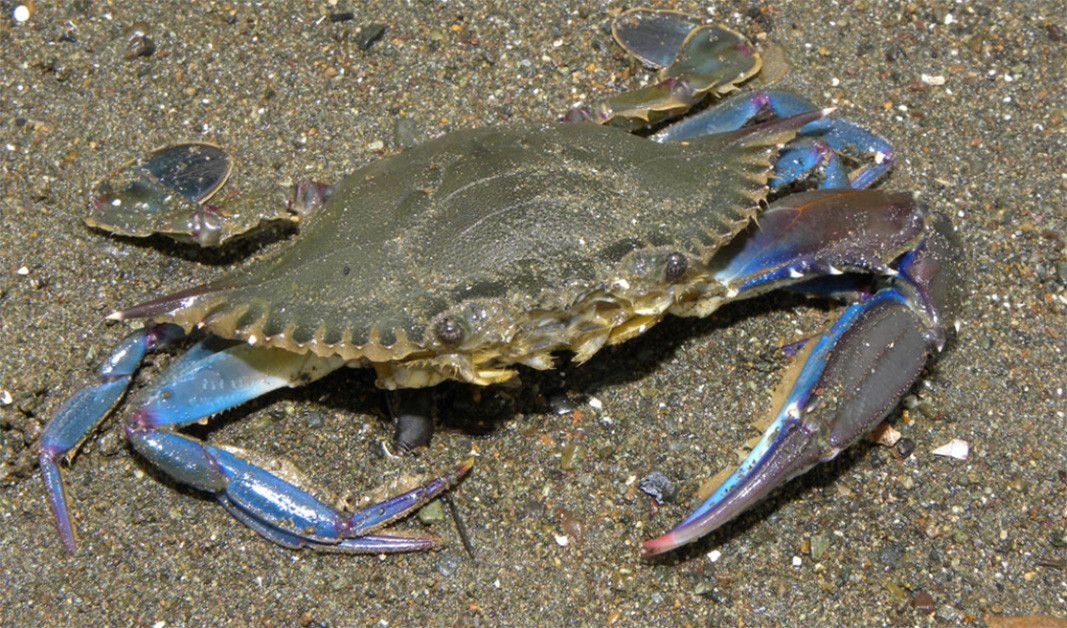
"For ten years exotic fish have been slowly coming. We don't know these species. Last year we caught a big blue crab with a strange shell. There are also Labridae, which are Mediterranean species, as well as Symphodus tinca. They are about 500-600 grams each."
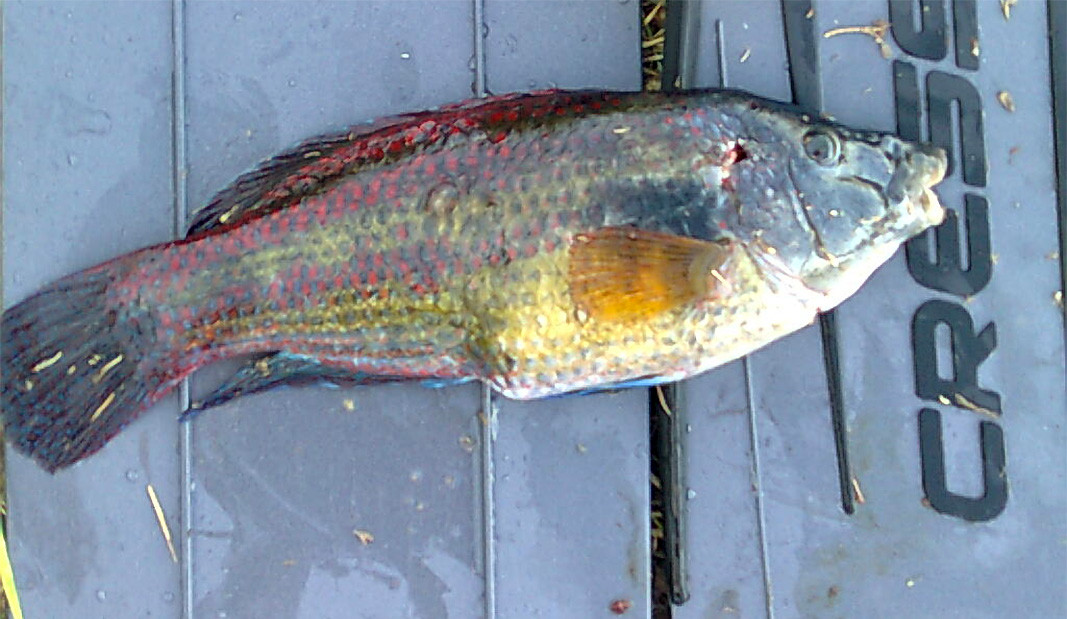
According to experienced fishermen, these fish are not suitable for eating because they have many bones, and the larger specimens also have sharp teeth. So fishermen count on the return of the Trachurus in September when the sea water becomes cooler. Then the bluefish can be found. It is valuable and tasty fish, which is also found in the Mediterranean Sea. It is also known on the east and west coasts of the Atlantic Ocean.
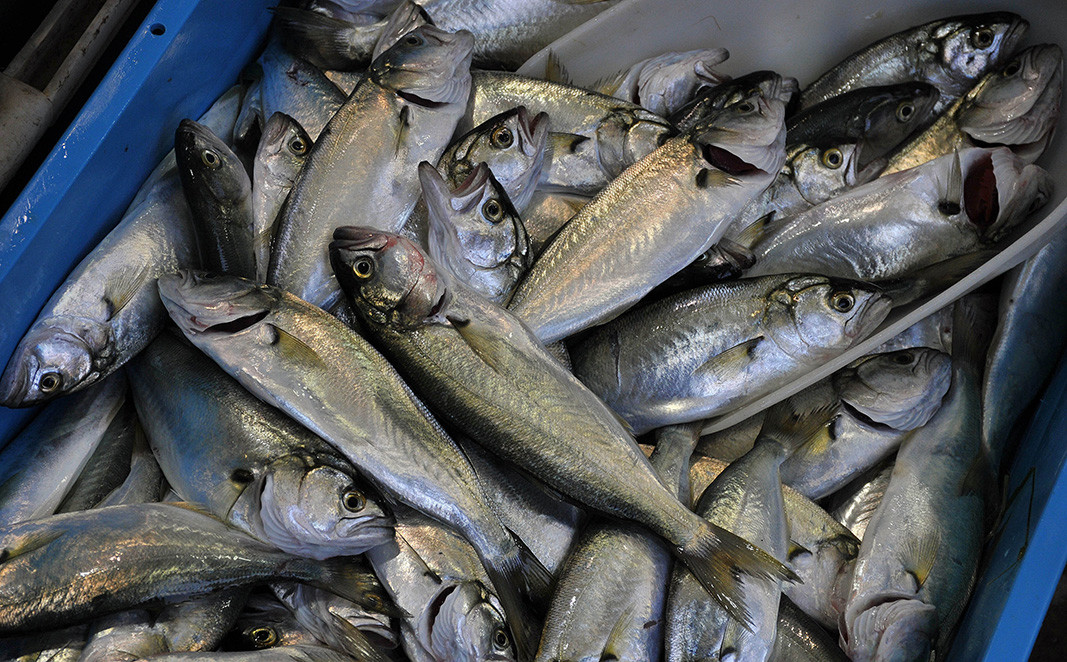
Text: Darina Grigorova / based on an interview by Nina Rangelova, BNR Burgas/
Publication in English: Al. Markov
Photos: BNR- Burgas, BTA, BGNES, archive
Yana Todorova is a tour guide and teacher. Since 2019, she has been a member of the Association of Tour Guides in Bulgaria, but has been working as such since 2006. She uses every opportunity to do so today, especially within the framework of the..
At the end of the past week, 53 children from 21 Bulgarian Sunday schools participated in the ninth edition of the international reading competition in Bulgarian "Az Buki Vedi" for first and second grade students, which took place in..
The engineering plans for the expansion of the Bulgarian Centre in Billerica, New England, USA (BCNE), are ready. According to information from the centre's Facebook page, cited by BTA, the centre and the Bulgarian Church 'St. Petka' are now looking for a..
Bulgaria is the country with the lowest prices of basic fuels in the EU – petrol and diesel, data show. Yet, as the date of the expected adoption of the..
A summer edition of the Farmers’ Festival, which focuses on clean food, parenting and books, will take place at the flagpoles of the National Palace of..
Students from the Vasil Aprilov Bulgarian Sunday School in Charlotte, North Carolina, USA, learned about the life and art of Vladimir Dimitrov – the..

+359 2 9336 661
